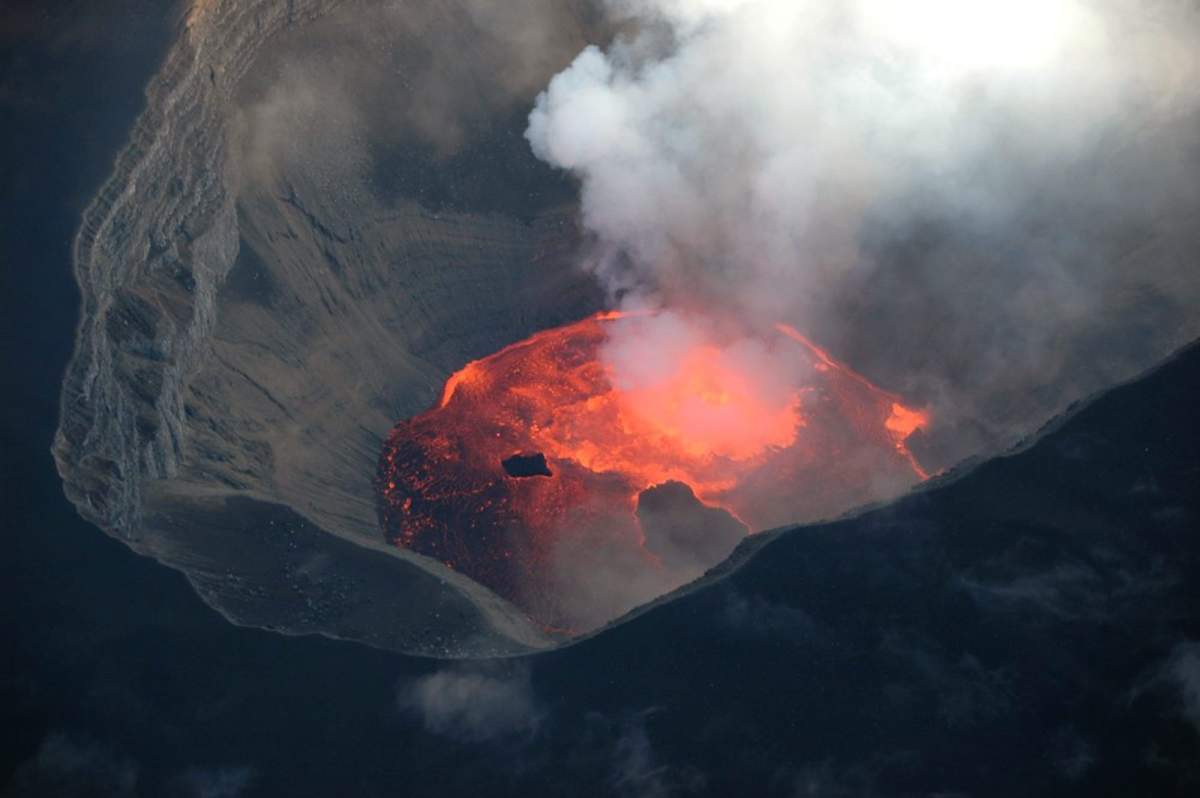If seismic waves emerge near an island off of Africa and hit Canada, does anyone feel them?

Apparently not — judging by a phenomenon that materialized earlier this month.
Coverage of earthquakes on Globalnews.ca:
The unusual seismological phenomenon originated near the island of Mayotte, off the coast of Madagascar on Nov. 11.
They were detected early on by Twitter user @matarikipax, who posted U.S. Geological Survey data showing they were detected at a monitoring station in Kilima Mbogo, Kenya.
The same user tweeted that waves were also detected in Zambia, Ethiopia, Spain and New Zealand.

Get breaking National news
John Cassidy, an earthquake seismologist with Natural Resources Canada (NRCan), later joined the fray, saying that the waves had been detected right across Canada, in Victoria, Haida Gwaii, Toronto, Ottawa and Halifax.
Clearly, the waves were spotted all over the planet.
But no one appears to have felt them, even where they originated — and that has given them an aura of mystery, Cassidy told Global News.
No one can explain precisely why they happened.
READ MORE: Magnitude 6.8 earthquake strikes Greek tourist island
Normally, a tectonic earthquake generates primary waves (P-waves) and secondary waves (s-waves), but this one didn’t produce either.
The ground moved up and down every 17 seconds as the waves flowed — “very slow shaking,” Cassidy said.
It’s possible that an earthquake happened, but if it did, the event certainly wasn’t a “typical” one, he added.
“Based on the seismic events and GPS formation data, there is likely a volcanic link — movement of magma chambers, etc.,” Cassidy said.
The seismic waves originated in an area where an “earthquake swarm” happened earlier this year.
Mayotte, which was formed by volcanic activity, saw “several hundred seismic events” recorded in the area starting in May, according to French geological surveyor BRGM.
The first happened on May 10. Then, five days later, the neighbouring island of Comoros experienced a magnitude-5.8 earthquake, which was the biggest it had ever recorded.
Further seismic events have taken place in the area but they’ve tapered off since July.
“This indicates that the seismic energy released has weakened since the start of the crisis, although some earthquakes are still being felt by the population,” BRGM said.
The cause of the swarm is still being investigated, but researchers believe it could be a combination of tectonic and volcanic effects — though that hasn’t been confirmed yet.
B.C.’s Interior region experienced an earthquake swarm in 2007, after it had never recorded quakes in the past.
The swarm was attributed to magma being injected into the lower crust under the Anahim volcanic belt, a phenomenon that produces “high-frequency, volcanic-tectonic earthquakes and spasmodic bursts.”
READ MORE: 3 earthquakes measuring between 6.5- and 6.8-magnitude hit off Vancouver Island
Should volcanic activity be confirmed near Mayotte, then this would be the first to hit the area in over 4,000 years.
And this matters to Western Canada, Cassidy noted — there, too, there are a number of volcanoes that have been dormant for thousands of years and they could activate again in the future.
“Understanding these signals from Mayotte will help us better understand volcanic hazards here in Canada,” he said.
- Danielle Smith promises Alberta referendum over immigration, Constitution changes
- Real Canadian Superstore fined for ‘misleading’ Product of Canada displays
- ‘No reason to continue discussing’: Ontario mayor wants Andrew’s name dropped
- Canadian Tire says Triangle Rewards are its ‘linchpin’ for growth













.jpg?h=article-hero-560-keepratio&w=article-hero-small-keepratio&crop=1&quality=70&strip=all)
Comments
Want to discuss? Please read our Commenting Policy first.